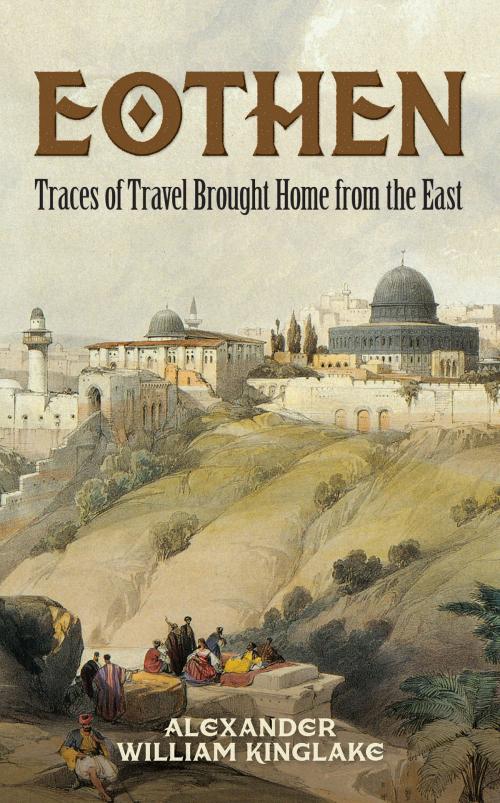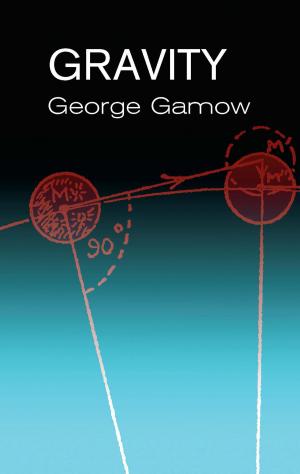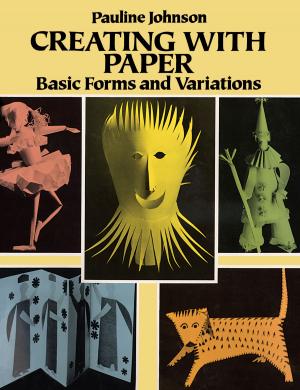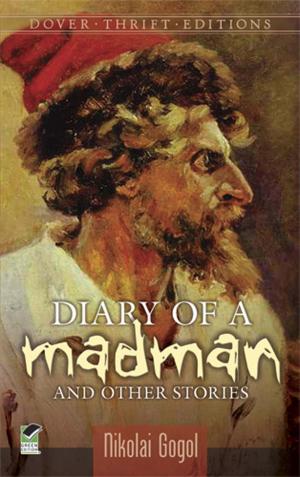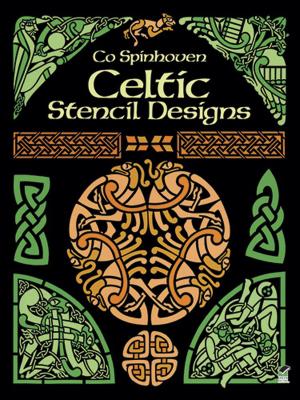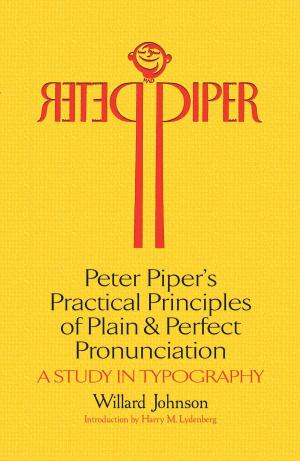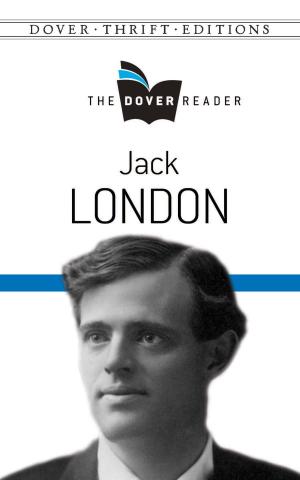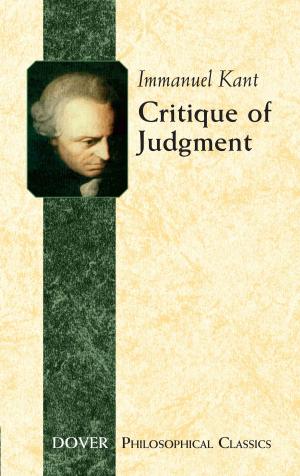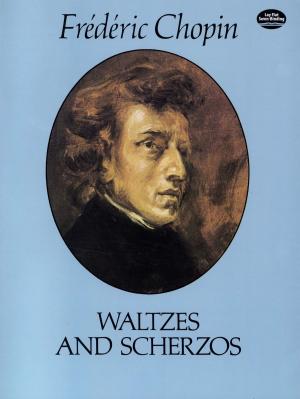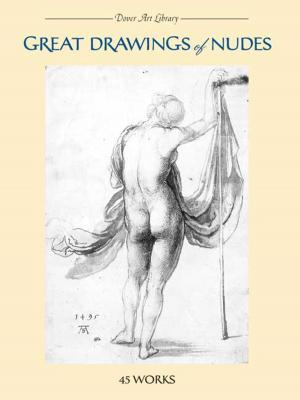| Author: | Alexander William Kinglake | ISBN: | 9780486801902 |
| Publisher: | Dover Publications | Publication: | January 5, 2015 |
| Imprint: | Dover Publications | Language: | English |
| Author: | Alexander William Kinglake |
| ISBN: | 9780486801902 |
| Publisher: | Dover Publications |
| Publication: | January 5, 2015 |
| Imprint: | Dover Publications |
| Language: | English |
"My favorite travel book. Sparkling, ironic, and terrific fun." — Jan Morris
Eothen ("From the East") recaptures a bold young Englishman's exploits in the Middle East during the 1830s. Alexander William Kinglake recounts his rambles through the Balkans, Turkey, Cyprus, Syria, Palestine, and Egypt in a style radically different from other travel books of his era. Rather than dwelling on art or monuments, Kinglake's captivating narrative focuses on the natives and their cities. His adventures ― populated by Bedouins, pashas, slave-traders, monks, pilgrims, and other colorfully drawn personalities ― include crossing the desolate Sinai with a four-camel caravan and a sojourn in plague-ridden Cairo.
A contemporary of Gladstone at Eton and of Tennyson and Thackeray at Cambridge, Kinglake offers a frankly imperialistic worldview. "As I felt so have I written," he declares in his preface, and his forthright expressions of his thoughts and impressions range in mood from confessional, to comic, to serious, to romantic. Victorian readers were captivated by Kinglake's chatty tone and his uncompromising honesty, and two centuries later this remarkable travelogue remains funny, fresh, and original.
"My favorite travel book. Sparkling, ironic, and terrific fun." — Jan Morris
Eothen ("From the East") recaptures a bold young Englishman's exploits in the Middle East during the 1830s. Alexander William Kinglake recounts his rambles through the Balkans, Turkey, Cyprus, Syria, Palestine, and Egypt in a style radically different from other travel books of his era. Rather than dwelling on art or monuments, Kinglake's captivating narrative focuses on the natives and their cities. His adventures ― populated by Bedouins, pashas, slave-traders, monks, pilgrims, and other colorfully drawn personalities ― include crossing the desolate Sinai with a four-camel caravan and a sojourn in plague-ridden Cairo.
A contemporary of Gladstone at Eton and of Tennyson and Thackeray at Cambridge, Kinglake offers a frankly imperialistic worldview. "As I felt so have I written," he declares in his preface, and his forthright expressions of his thoughts and impressions range in mood from confessional, to comic, to serious, to romantic. Victorian readers were captivated by Kinglake's chatty tone and his uncompromising honesty, and two centuries later this remarkable travelogue remains funny, fresh, and original.
